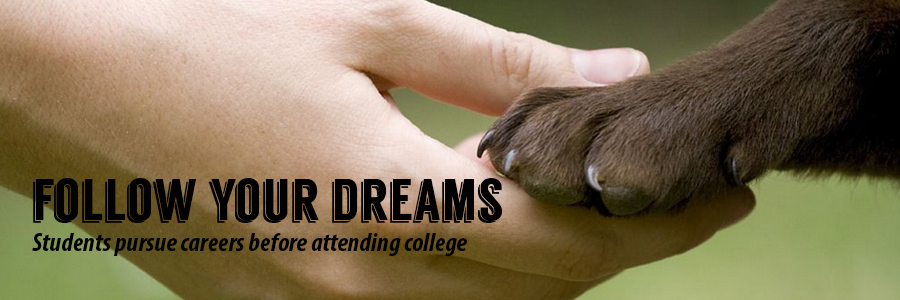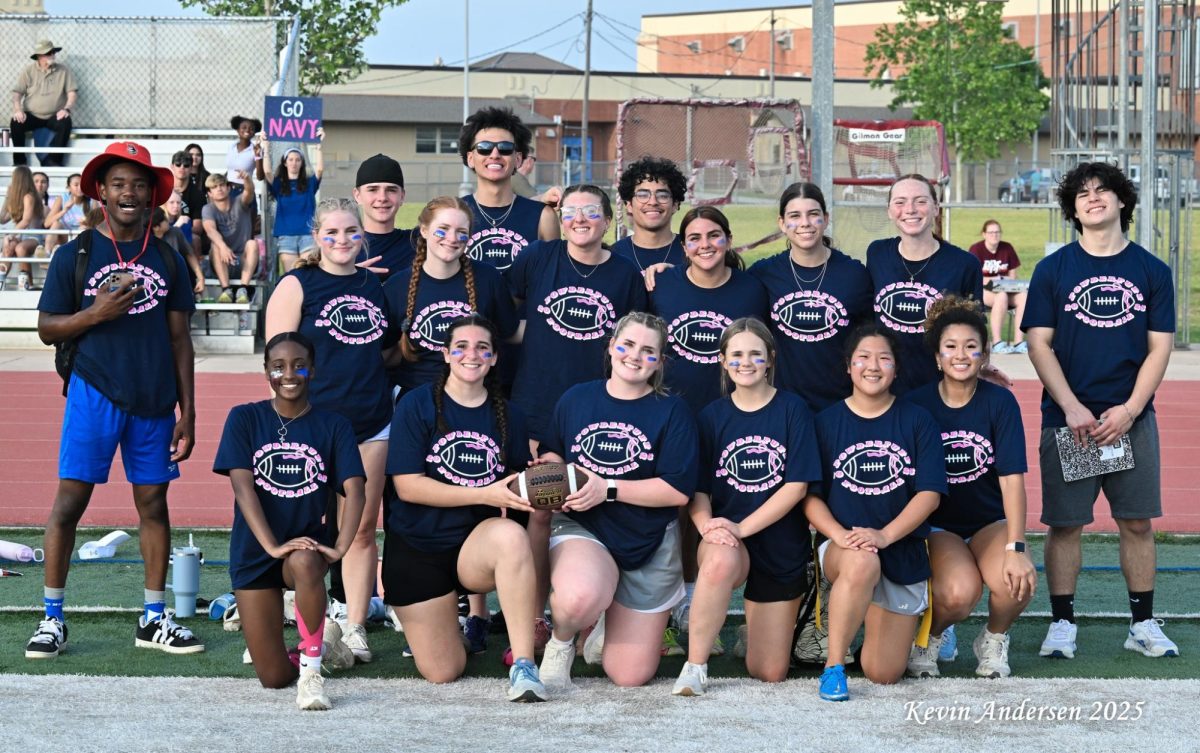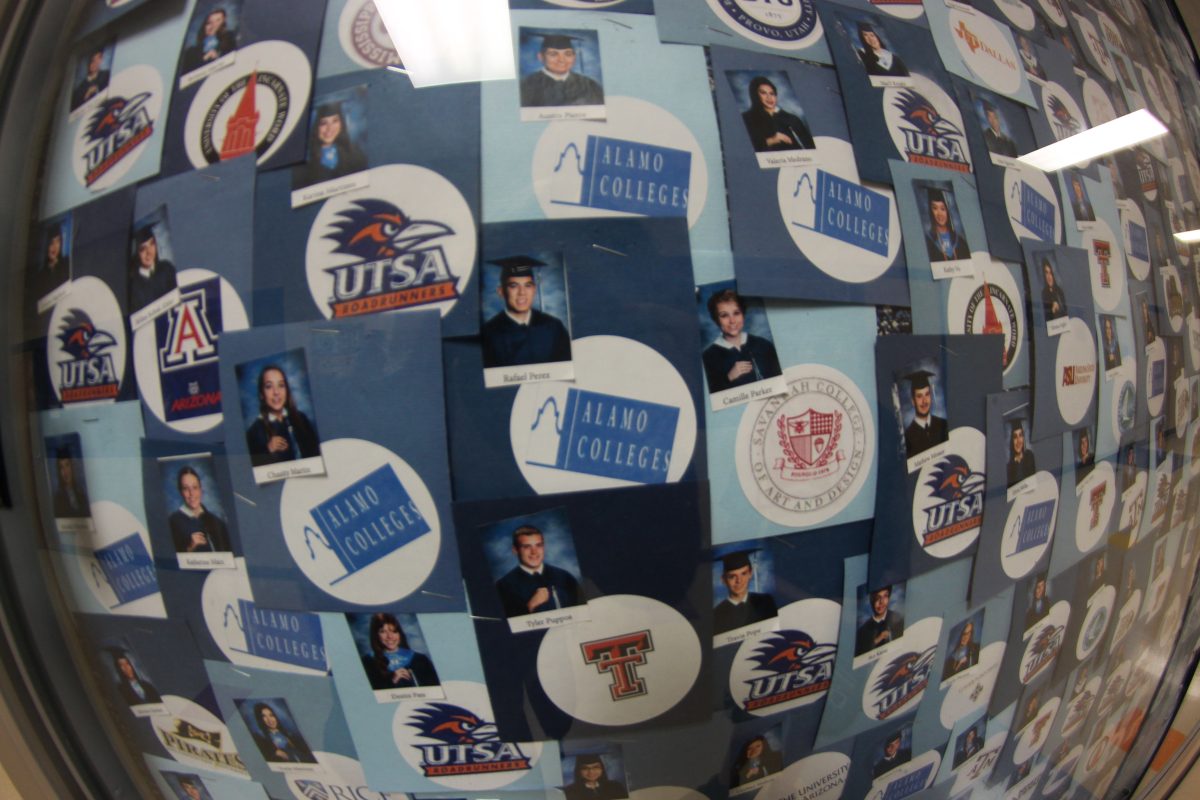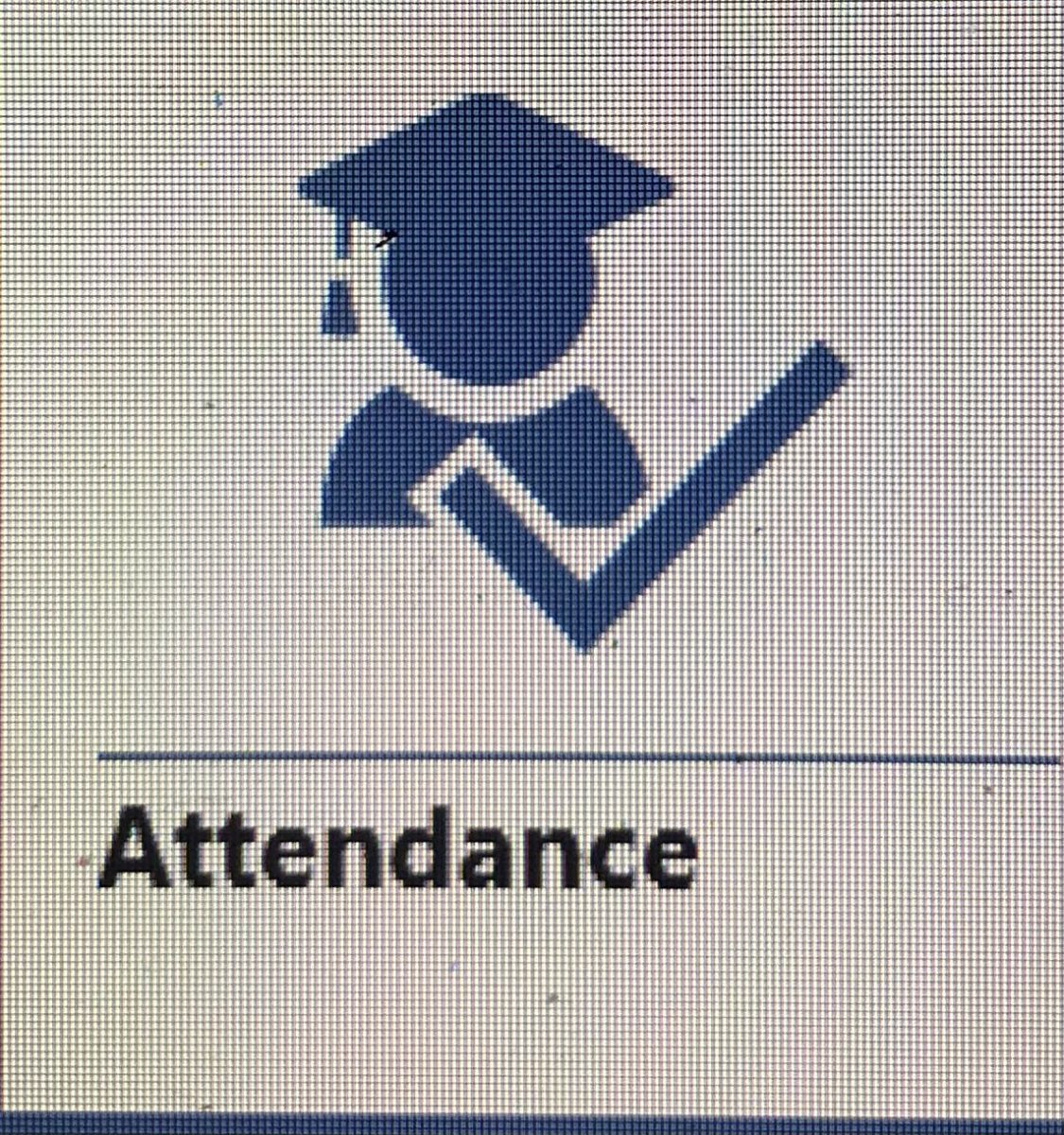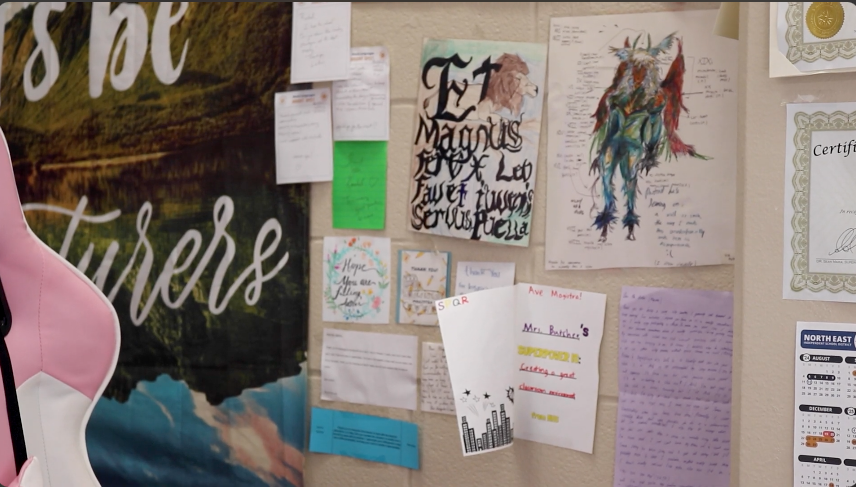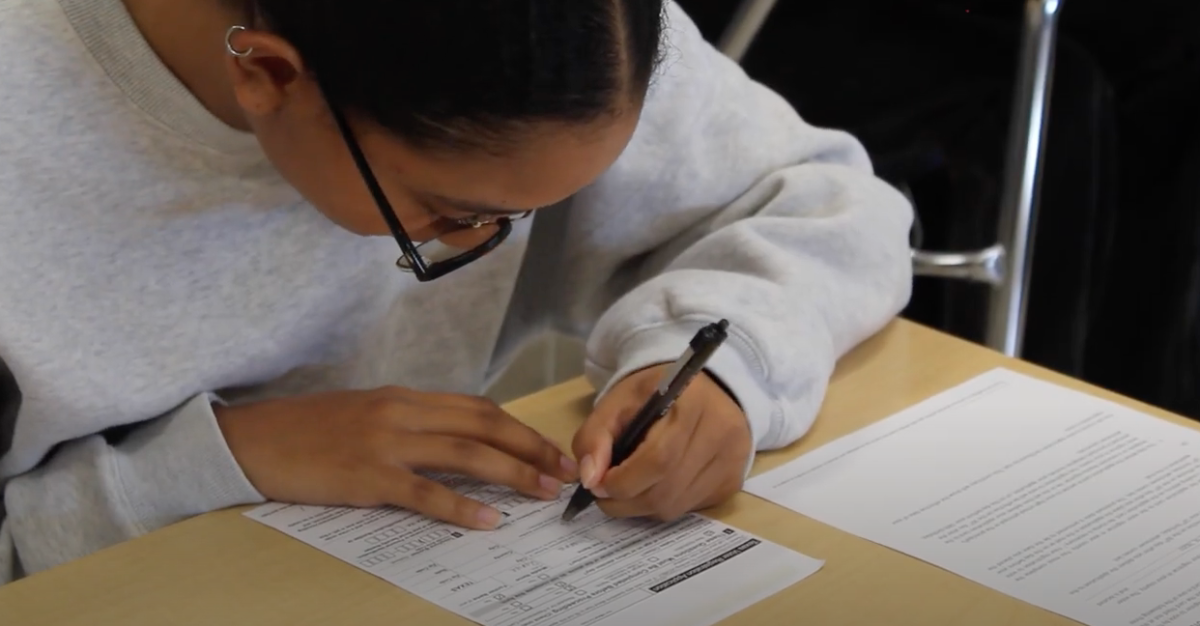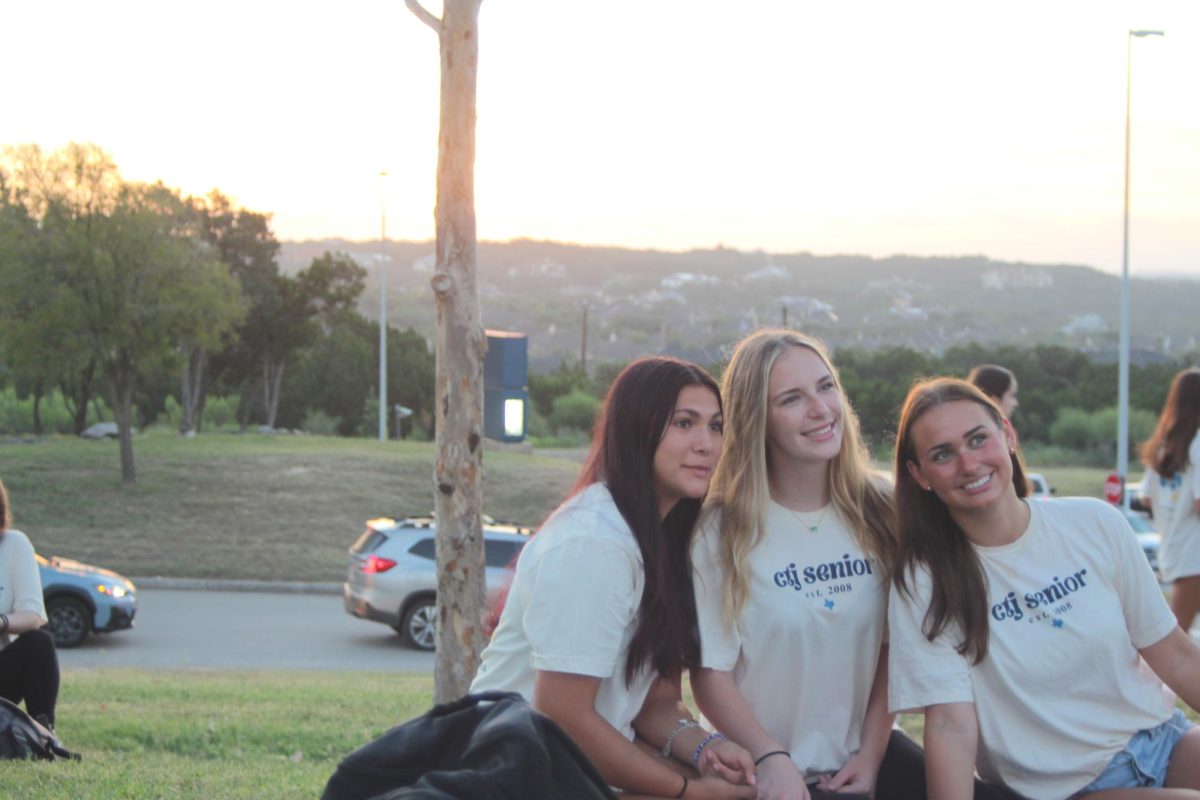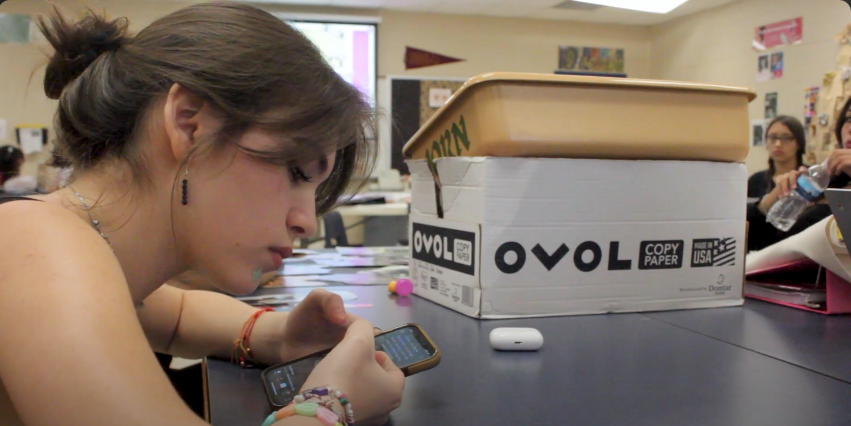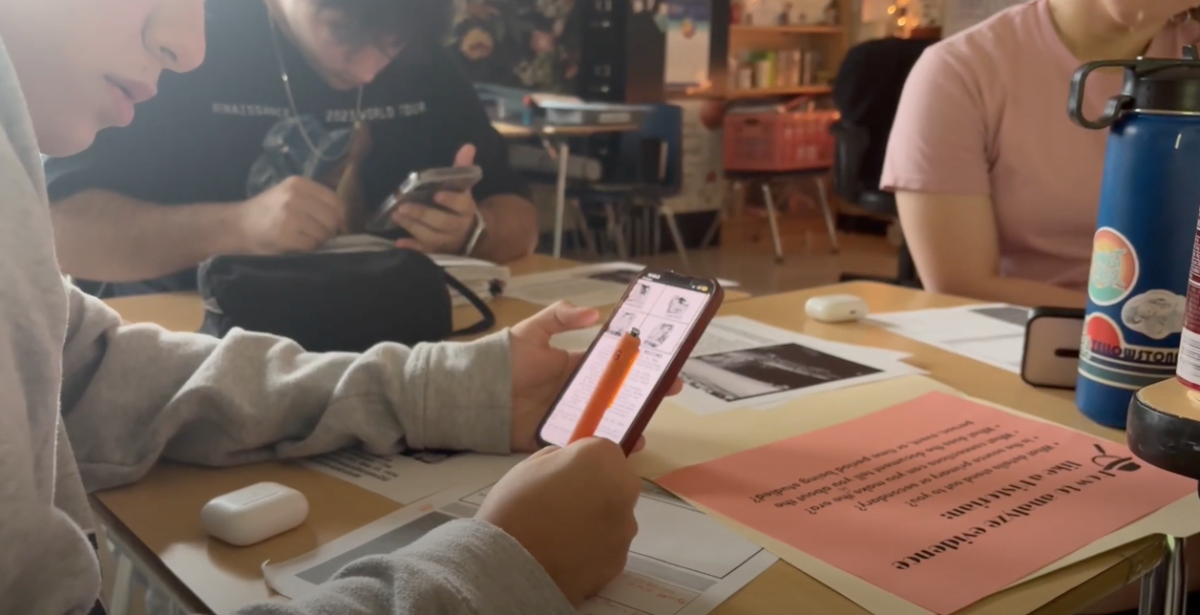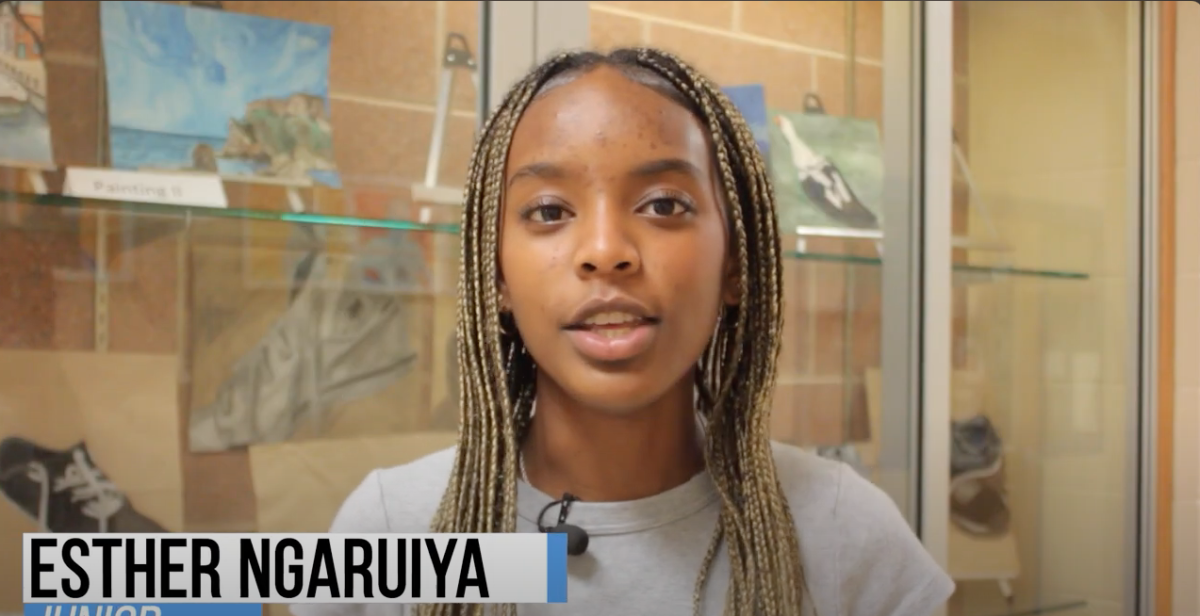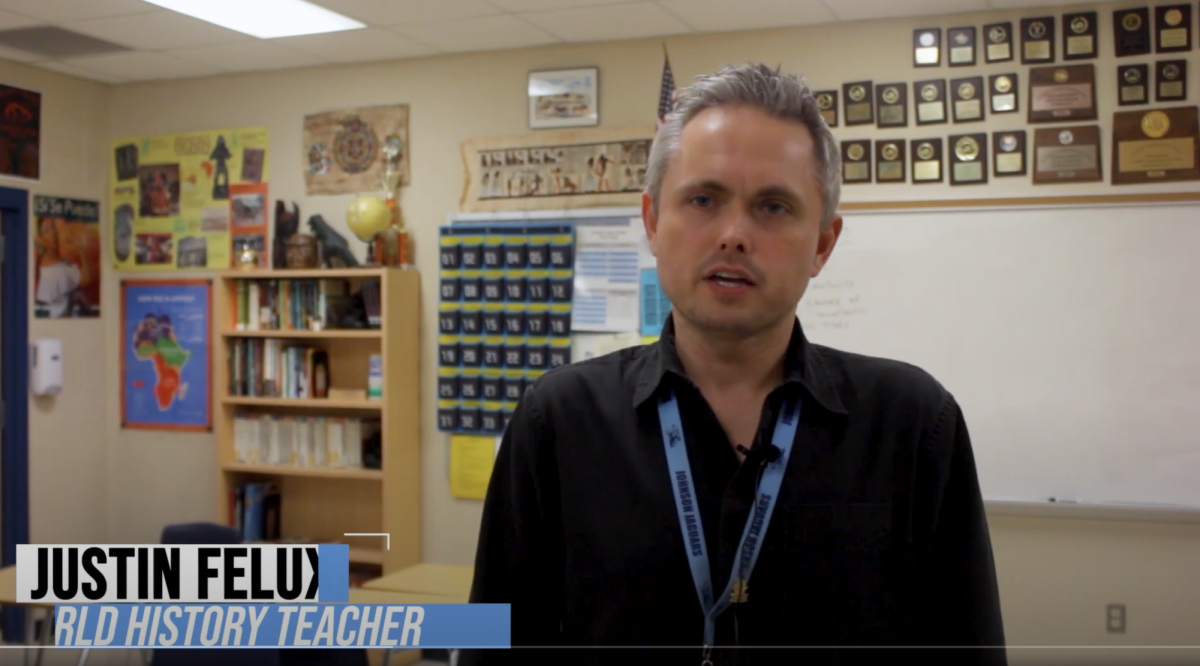by Emma Fitzhugh | Staff Writer
Sitting in class one day, he knows that a lot of people are counting on him for answers. And these people aren’t his family, his friends, or even his teachers, but rather, his customers.

“I’ve started several businesses on my own. One of them I offer a service that allows people to remain anonymous while they are connected to the internet. Another one I help promote small artists that otherwise wouldn’t have a chance in the music industry, and then my other one, I offer game server hosting, web server hosting, and things like that,” junior Alfonso Arriago said.
Not all students chose to go to college once they graduate. Some students chose to pursue other activities, like Arriago, and wait to go to college, either for financial reasons, to join the military or workforce, or for other, more personal, reasons.
Even though he still has one more year until graduation, Arriago already has his plan for after high school.
“I intend to run my businesses for another two to four years once I get out of high school, so I can devote the entirety of my time to them, that way I can grow them. That way by the time I start college I’m not required to split my attention between college and my businesses. My college education [will] already be paid for as soon as I apply,” Arriago said.
And these businesses do take up a fair portion of his time, according to Arriago.
“I probably spend about three hours to four hours a day outside of school working on my businesses, not including the time that I spend solving small issues for customers, remotely from my phone,” Arriago said.
Arriago went on to say how even though he, along with his business partner (a good friend of his) in California, runs these online businesses, he considers them more “spontaneous projects” than anything, and knows that he cannot rely on these businesses alone to sustain him after graduation.
“My businesses are not things that I do because I intend for them to sustain me, I intend for them to make money obviously, because I mean what person who owns a business doesn’t, but my goal, like I said isn’t to make money, I just want to have fun. And if they don’t survive, well that’s fine, I’ve got extra experience from doing it,” Arriago said.
And with that in mind, Arriago added how once he graduates and spends a couple years on his different organizations, he plans to attend a college where he can then earn a degree in Physics with a minor in Astronomy, as well as a Bachelors in Astrophysics.
Similar to Arriago, junior Chris Wilson also has a plan for after high school, based on his current interests.
“After high school, I do plan to save up money by going into the workforce, so that I can go to college in later years. Possibly about five or six years after I graduate. I plan to go work at an animal veterinary hospital. There’s an animal shelter that I’ve applied for, to work for volunteer hours and for pay,” Wilson said.
After earning enough money to help pay for college, Wilson plans on attending two universities in order to pursue what he is passionate about.
“I think I’ll have enough saved up at least to go to a community college first, for at least two years, and then transfer to a major university after

that. I’m looking at Purdue and A&M University. Purdue because they also offer a minor in technology, majoring as an animal physician, and taking care of animal medicine. I’m planning to go to A&M as well because of their agriculture and their field society,” Wilson said.
Unlike Wilson and Arriago however, senior Krisenda Henderson has long since known both what university she would like, and now is officially able, to go to.
“I’m going to the University of Arkansas for a minor in history with my major in education, then for a masters in teaching. They offer all of the things I need to get my degree, my parents both went there, and my grandparents live 20 minutes away so I still have family there with me,” Henderson said.
In fact, it was in her eighth grade year when Henderson decided that she would one day like to apply history to teaching, and goes on to explain why she feels college has a significant meaning.
“I think college is important. Most of the jobs out there will require a college degree. Most everyone in my graduating class is going to college. I know quite a few people who will go into the military, and some of them for the sole purpose of getting the money for college. Some will [also] go into the police force,” Henderson said.
Junior Kiana Reveles agrees with Henderson, adding how she views college as a “no questions asked” kind of thing.
“Well maybe students shouldn’t go to college straight after high school, but it’s something that everyone should do to expand their knowledge,” Reveles said.
And in her case, college really is a “no questions asked” kind of thing, given that she already has an idea of what college she plans on attending.
“I want to go to Baylor, because it’s away from home but close enough to go back and forth. I know friends who go there and have gone on mission trips, and I’ve always wanted to do that. And because they have a great air force ROTC program,” Reveles said.
Choosing a college is as much of an important decision as it is a personal one, according to head counselor Patricia Snider, who explains how whether a person chooses to go to college or not, there is no harm in going, in her eyes.
“I do think college is important; it gives kids lots of opportunities to do anything after high school. [But] college is not right for everybody. Some kids want to join the military right after high school, and then maybe do college later, when the military can help pay for it. Some kids would like to join the workforce, and work their way up that way, and then maybe go to college. Some kids might want to earn a skill, and perfect that skill, as they mature. So no, college isn’t for everybody, but it certainly doesn’t hurt,” Snider said.
And judging by the rough estimate of about 650 students in the graduating class this year, Snider explains how our school is continuing to grow in terms of the number of students that chose to attend college after high school.
“We have about 94 percent of our kids at Johnson go to a four year university, or start at a two year university. That’s a pretty high percentage,” Snider said.
But in the end, some students just don’t know what they want to pursue, or where. However, they are not alone, and there is definitely a lot of information out there.
“Junior year is when you need to start thinking about the college that you might like to attend. We also offer an assessment inventory that’s on our counseling page, Kuder Assessment Inventory, and that’s a program that kids can take and answer these questions, and it tells them what majors might work for them,” Snider said. “My advice would be to surf the internet. Everything’s on the computer, so start there. Look at different colleges, look at the majors that they have to offer, see if any of those are what you would like to do. And then call that down to about five or six colleges, and I would start visiting them; starting my junior year, summer after my junior year.
Talk to the admissions people. Talk to people that go to that school. There are books where you can actually read up on what people are saying about different colleges. Do your homework, and so that when you come back as a senior, you have a pretty good idea of three or four schools that you would love to apply and attend if you were accepted,” Snider said.
To find out what college major you may be interested in, click here.


